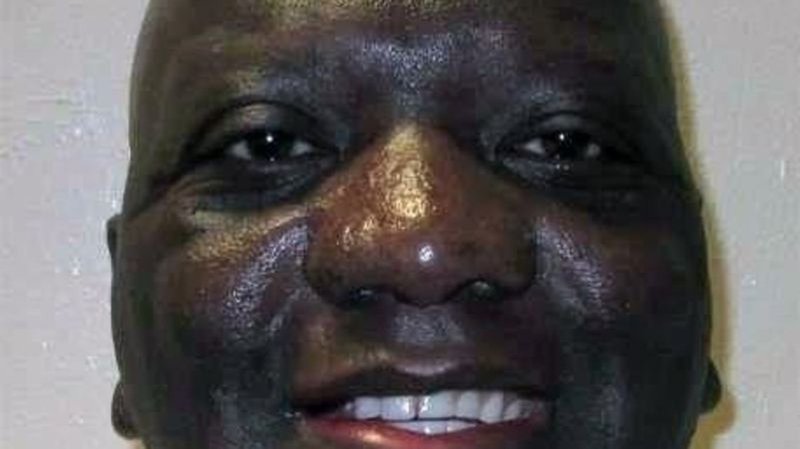
Alabama man who avoided earlier execution date put to death
ATMORE, Ala. (AP) — An Alabama man who avoided execution in February was put to death Thursday for the 1991 killing of a woman who was abducted during a robbery and then shot in a cemetery.
Willie B. Smith III, 52, received a lethal injection at a prison in southwest Alabama. He was pronounced dead at 9:47 p.m. local time.
It was Smith’s second execution date since Feb. 11, when he was already in a holding cell near the death chamber and the U.S. Supreme Court agreed with his appeal that he could not be put to death without his pastor present.
This time, the nation’s highest court rejected a late request for a stay by his lawyers, who had argued the execution should be blocked on grounds that Smith had an intellectual disability meriting further scrutiny by the courts.


